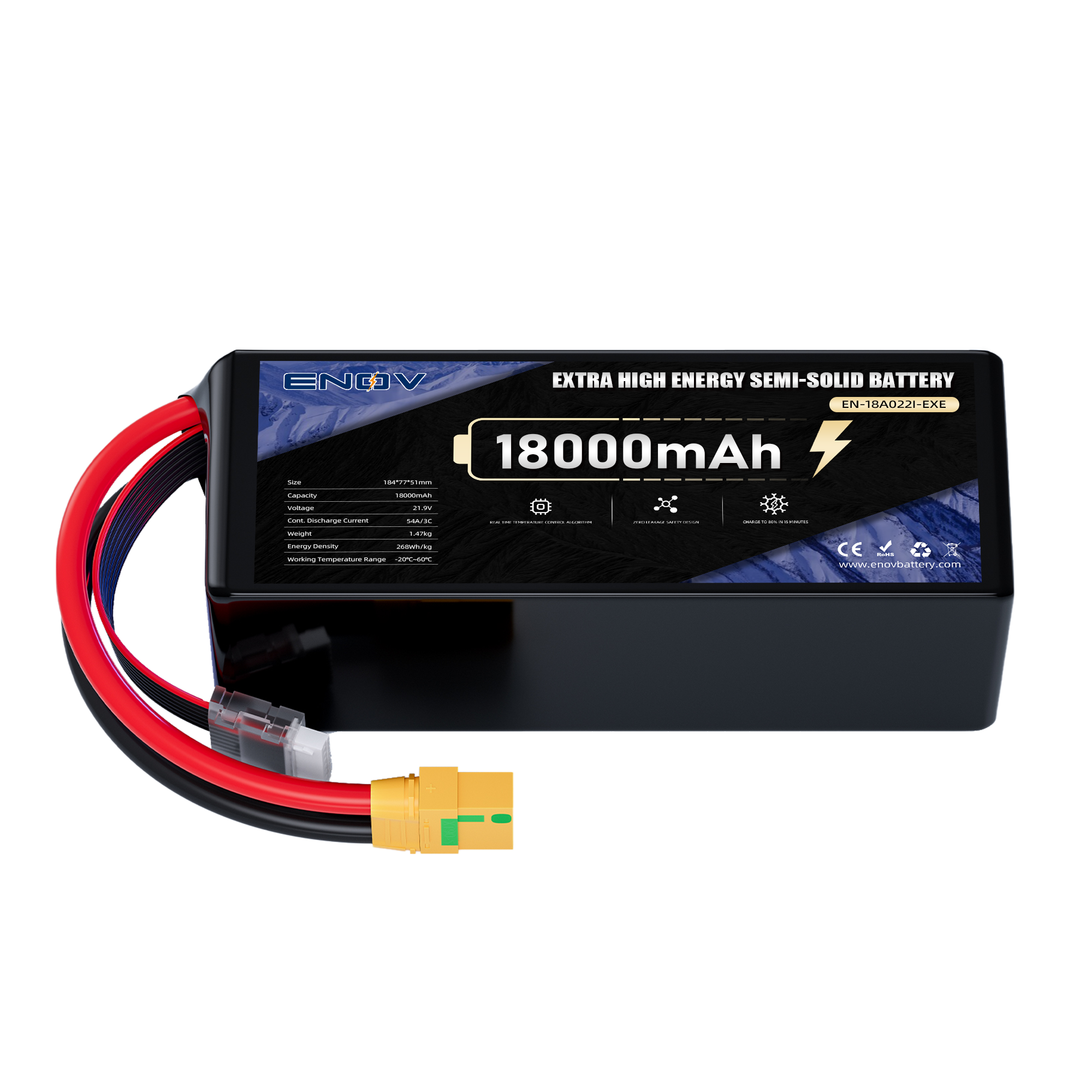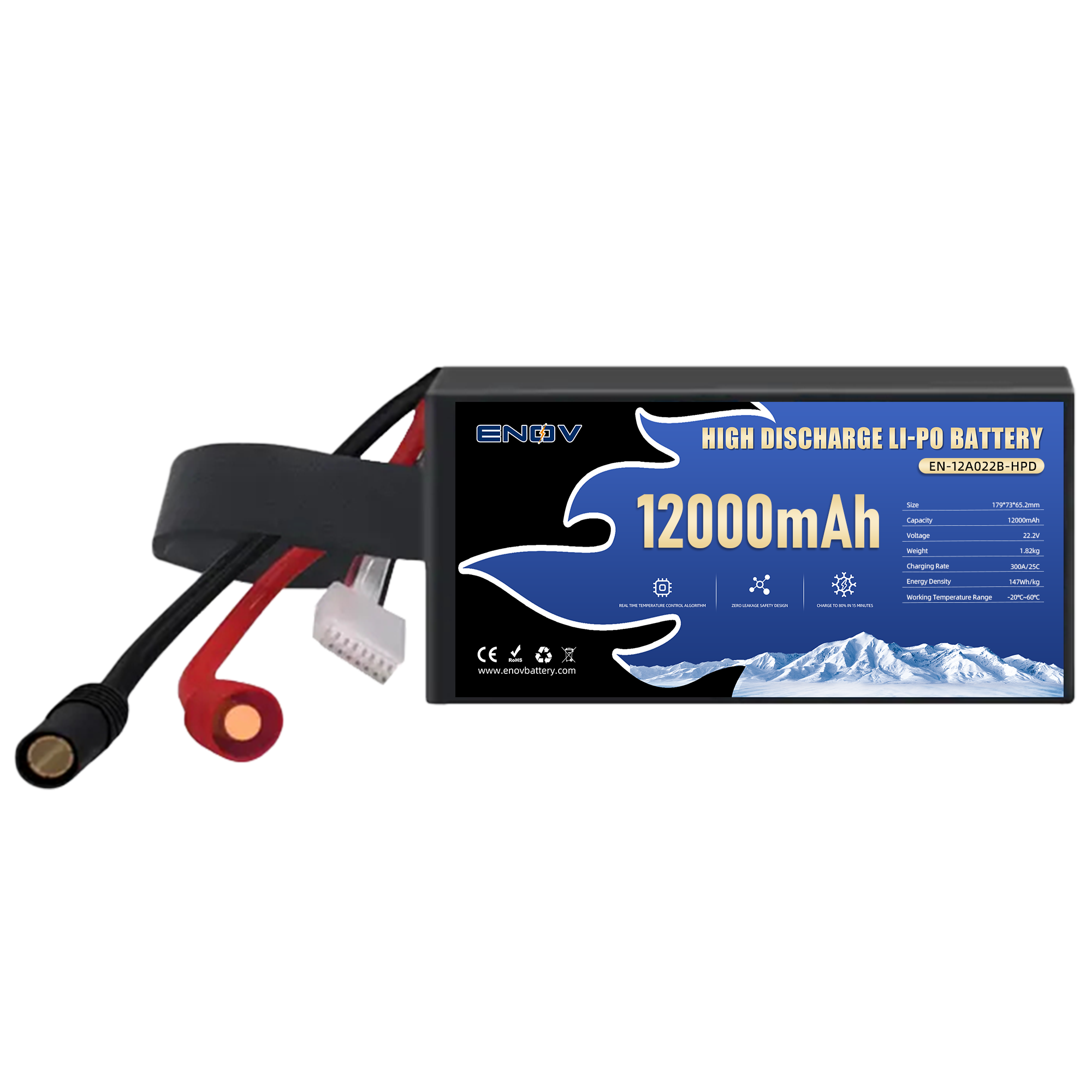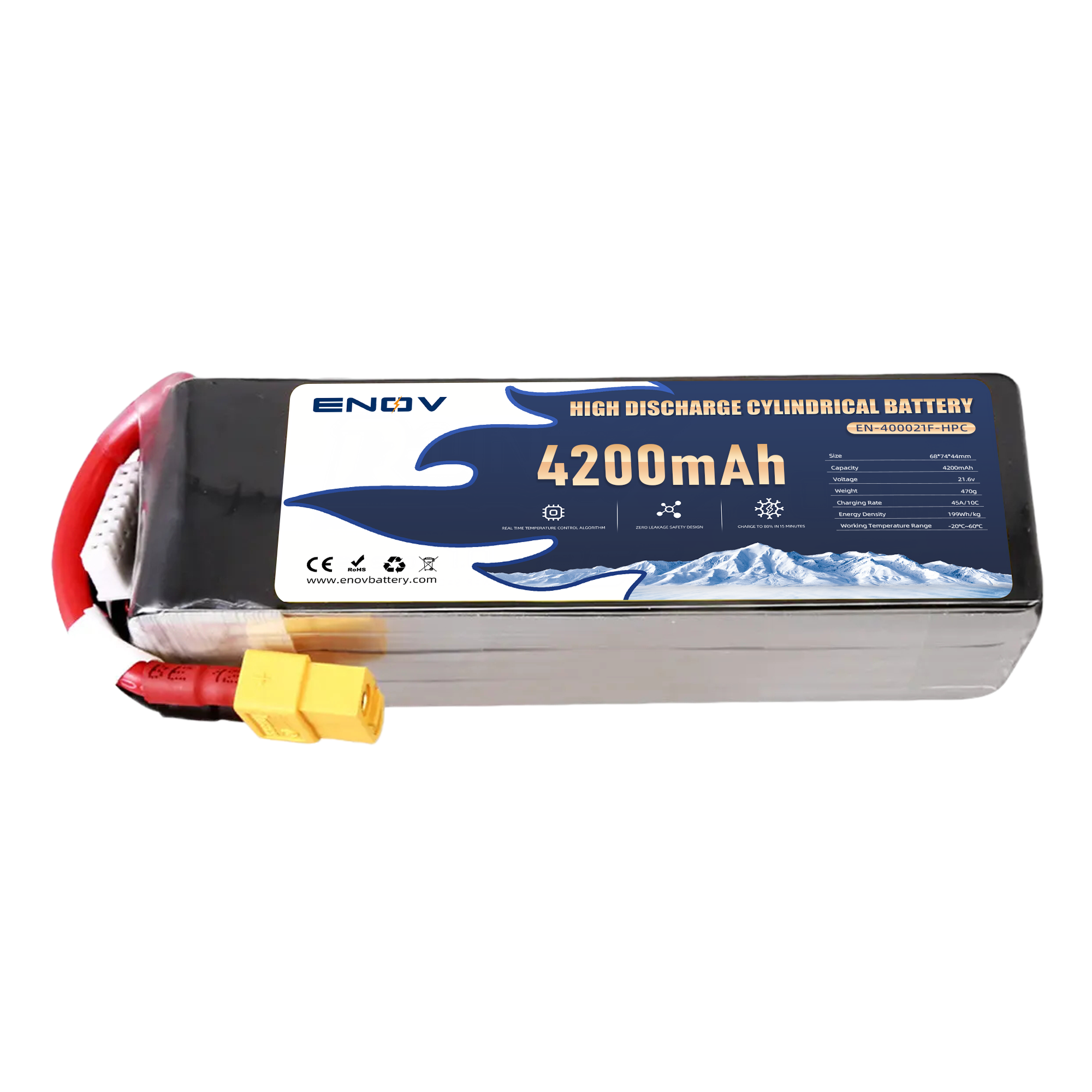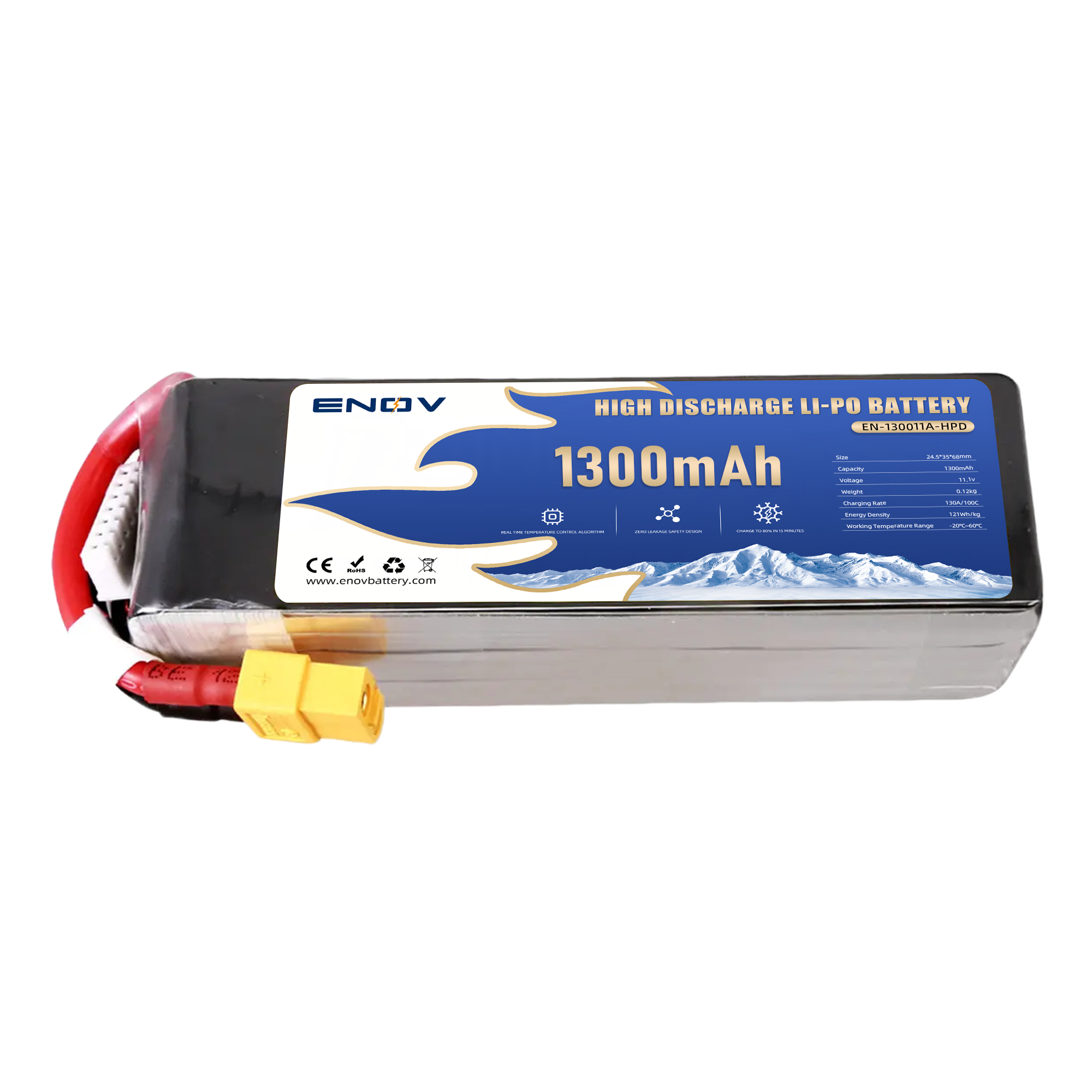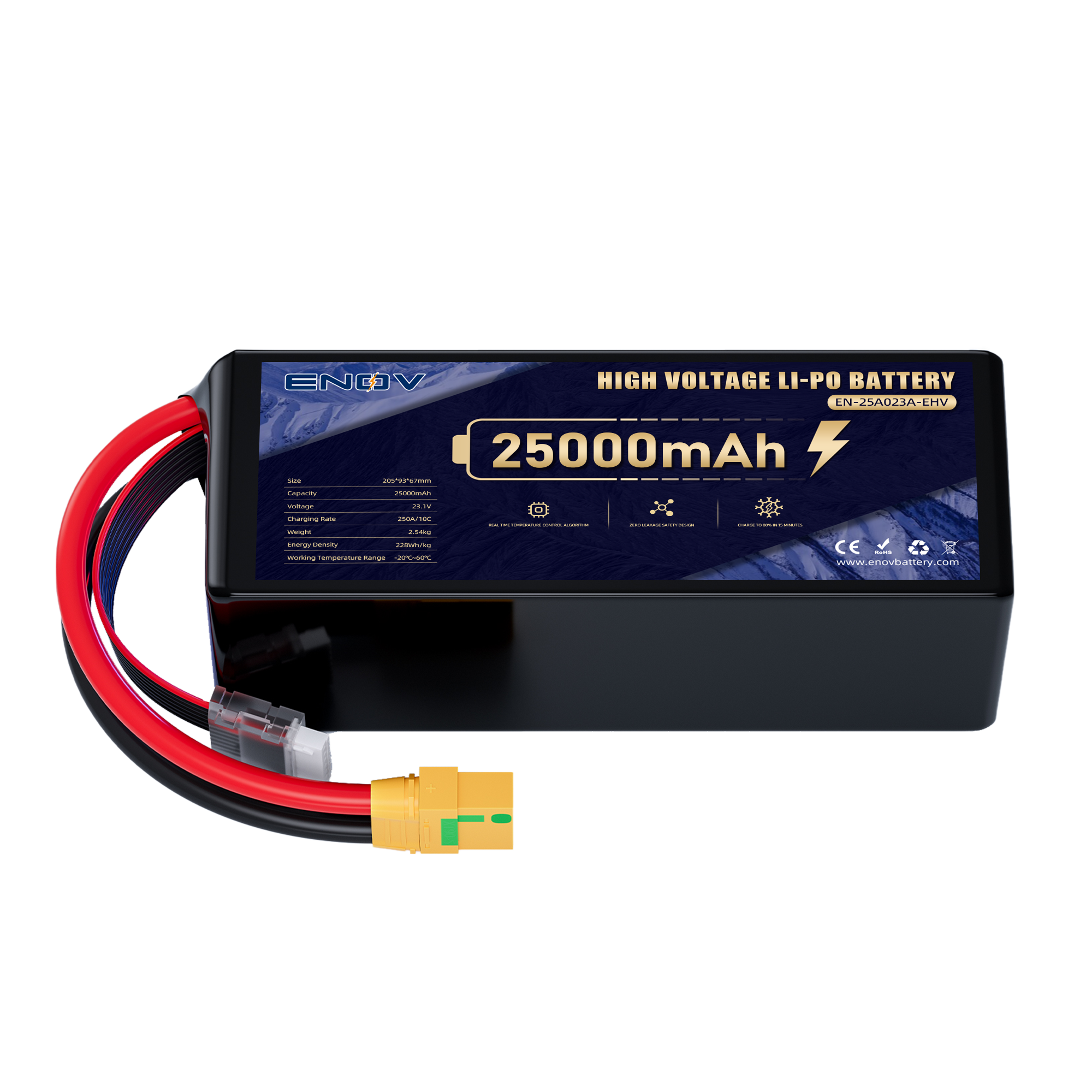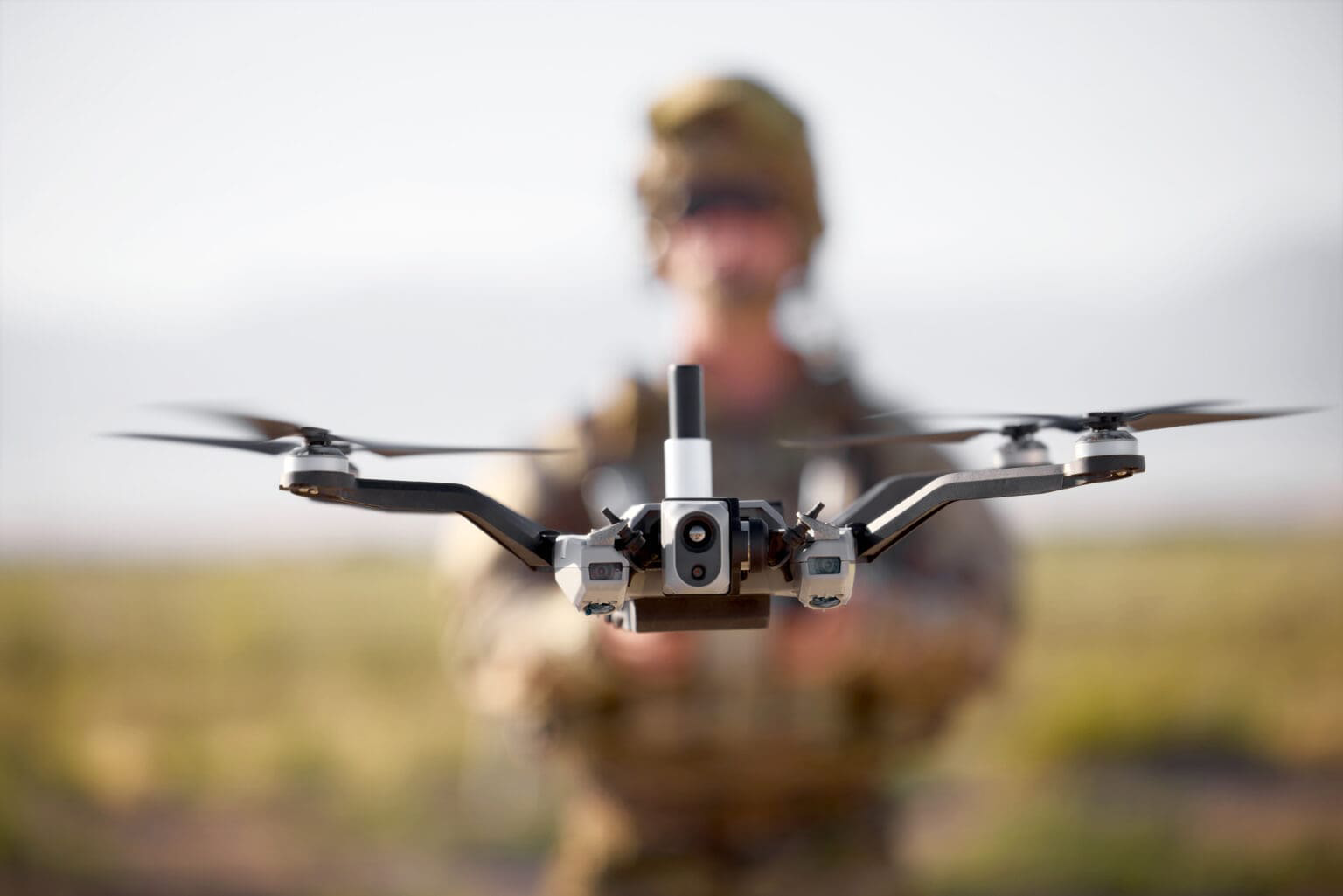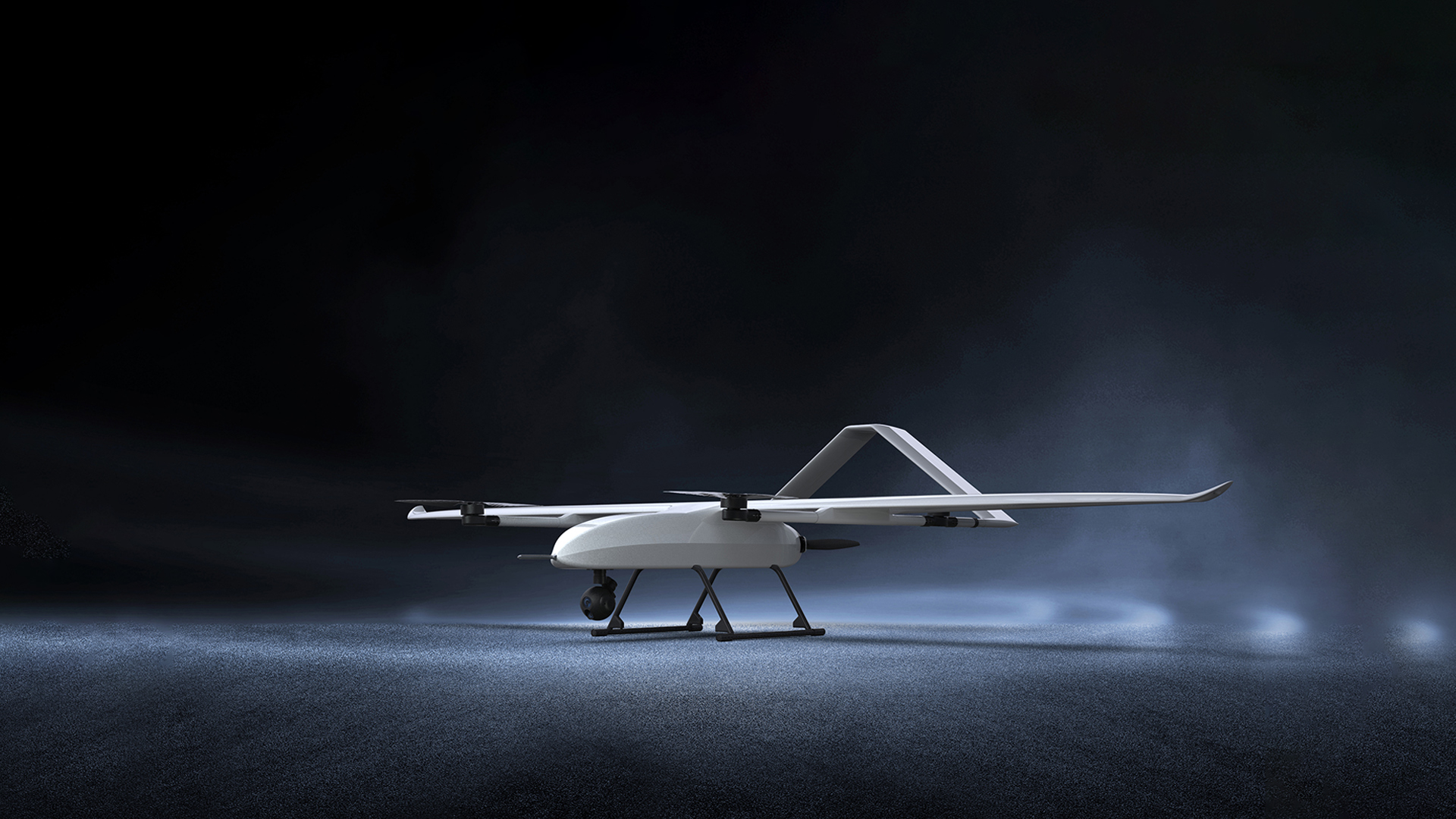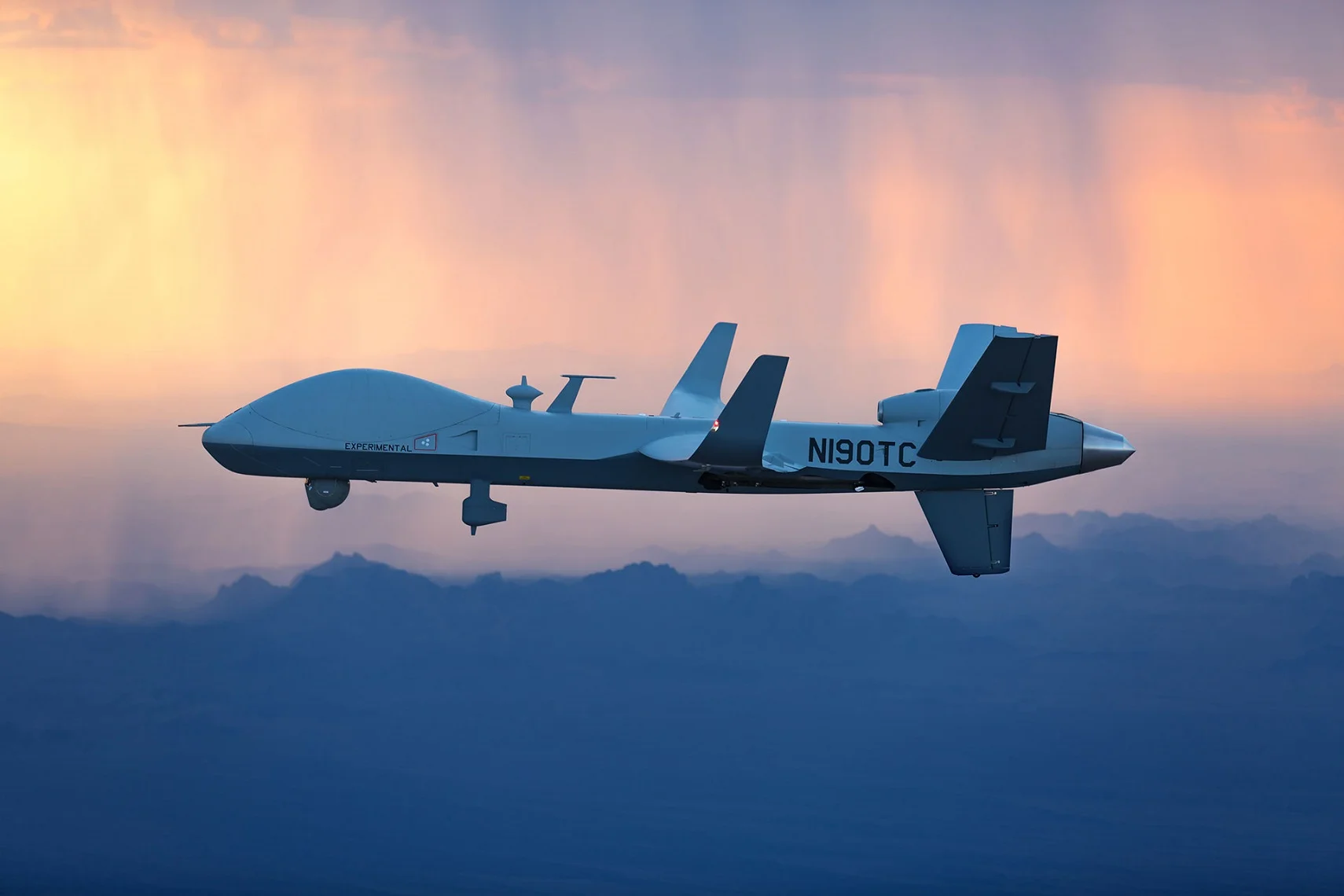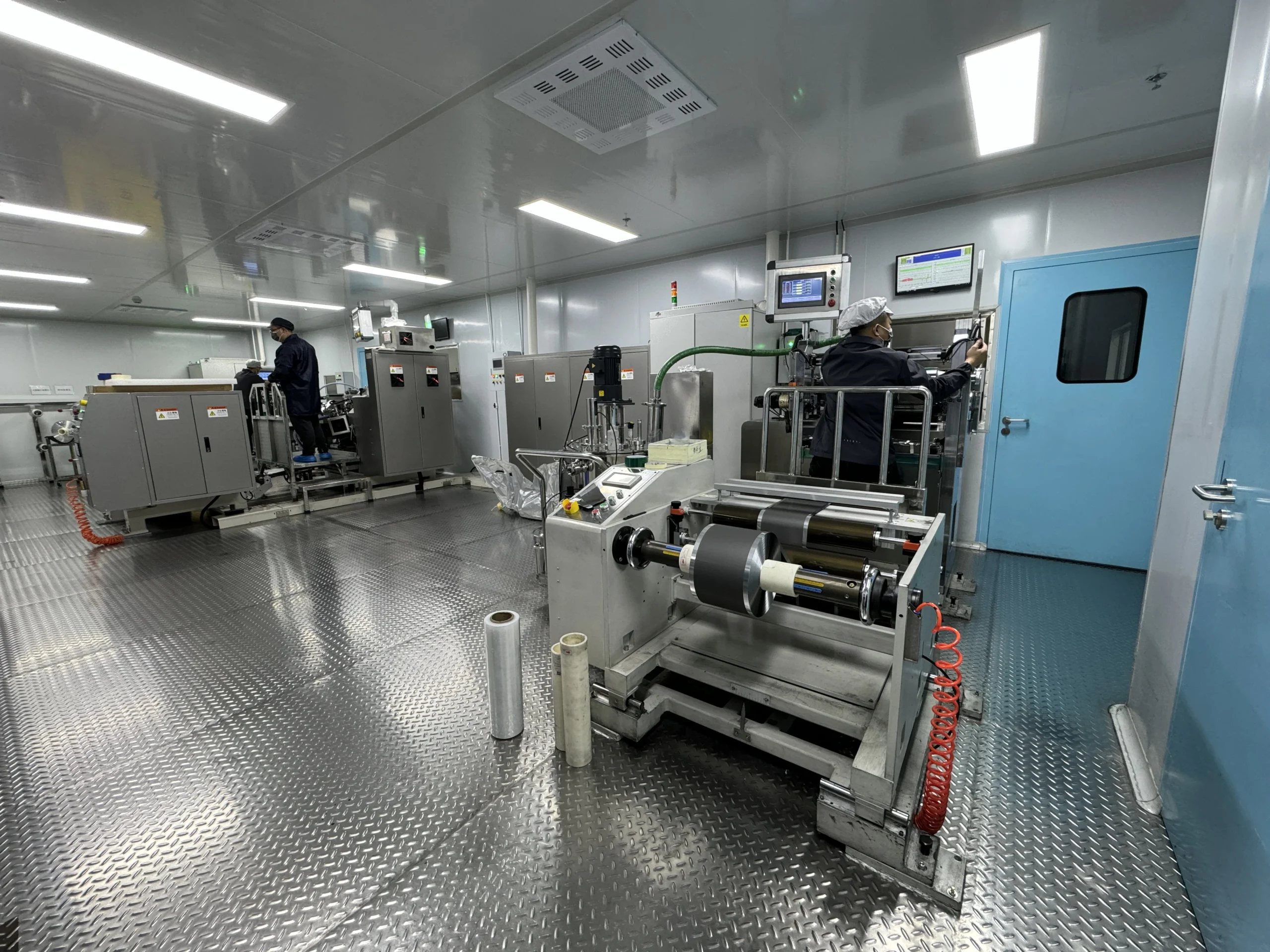Semi-Solid Electrolytes: NMC Battery Technology Roadmap Surpasses 400Wh/kg Energy Density
main content
For defense contractors, aerial logistics providers, and UAV manufacturers pursuing next-gen endurance, the race to 400Wh/kg has transitioned from theoretical ambition to commercial reality. Nickel-manganese-cobalt (NMC) batteries employing semi-solid electrolyte technology—a hybrid of ceramic-reinforced polymers and ionogel matrices—now achieve 410Wh/kg in validated prototypes, doubling the energy density of conventional lithium-ion cells while eliminating thermal runaway risks. This breakthrough, aligned with U.S. Department of Energy’s 2030 targets, redefines payload and flight duration limits for high-altitude drones requiring 24/7 operational readiness.
The innovation hinges on 3D lithiophilic scaffolds that guide lithium deposition within semi-solid electrolytes (60% SiO2 filler, 40% LiTFSI-PEO). This architecture enables 4.6V stable cycling (vs. 4.3V for liquid electrolytes) by suppressing dendrite growth and cobalt dissolution. Third-party testing under UL 9540A and IEC 62660-3 confirms:
1,200 cycles with 89% capacity retention at 1C rates (25°C),
0.08mm thickness reduction in cathode-anode spacing (vs. liquid cells), slashing ionic resistance by 50%,
Thermal stability up to 180°C (DSC analysis) with zero exothermic decomposition below 250°C.
A 2024 stratospheric drone trial demonstrated real-world viability:
20kg NMC semi-solid packs powered 36-hour flights at 18km altitude (vs. 9 hours for 200Wh/kg batteries),
Post-flight neutron depth profiling revealed 98% lithium inventory retention,
40% weight savings enabled integration of additional sensors without compromising flight dynamics.
Procurement mandates:
Safety certification: UN 38.3, UL 2580, and IEC 62133-2 compliance for aviation use.
Roadmap transparency: Supplier-provided R&D timelines for 2026 mass production (≥500 cycles at 400Wh/kg).
Field testing: Third-party validation of ≥380Wh/kg energy density under -30°C to 60°C operational extremes.
A 2023 NATO assessment linked 400Wh/kg adoption to a 70% reduction in drone fleet sizes for equivalent mission coverage. For procurement teams, semi-solid electrolytes aren’t incremental—they’re the quantum leap from energy constraints to boundless aerial capability. Partner with innovators who engineer tomorrow’s energy thresholds today, because when batteries transcend density limits, compromise becomes obsolete.
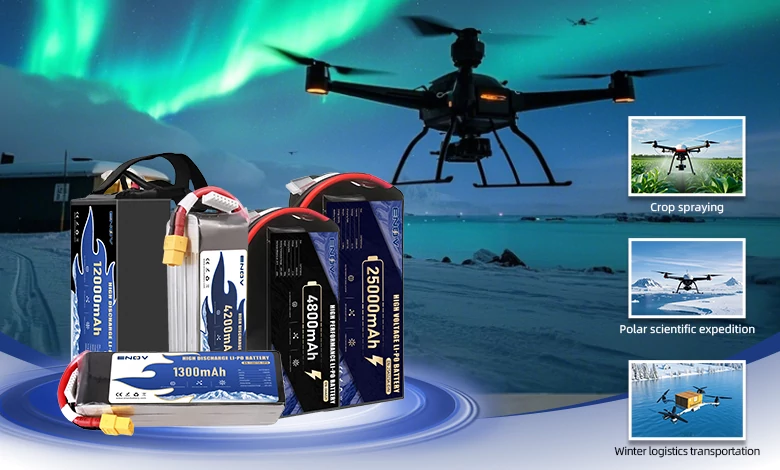
UAV DRONE battery
Enov UAV battery has the most advanced UAV battery new technology, it has a lightweight structural design, ultra-high energy density, stable continuous discharge, customized ultra-high instantaneous discharge, wide temperature working range, stable charge and discharge, battery materials can choose high nickel terpolymer positive/silicon carbon negative material system combined with semi-solid battery technology. Or choose a more mature application of more UAV lithium battery technology, available UAV battery nominal voltage 3.7V, capacity 18.0Ah ~ 30.0Ah, support 10C continuous discharge and 120C pulse discharge (3 seconds). With ultra-high energy density (220-300Wh/kg) as its core advantage, Enov UAV batteries can meet the needs of long-term endurance scenarios such as plant protection drones and transport drones, while maintaining stable emission performance in extremely low temperature environments (-40℃).
Other products
START-STOP LITHIUM BATTERY
LITHIUM ENERGY STORAGE BATTERY
QUICK INQUIRY
FAQ
Access to high frequency technical questions with one click, get accurate answers on product application, after-sales policy and customization process.
Service and Support
Get the latest product specifications, explore professional OEM/ODM customization services, click to open exclusive technical support and production solutions.
Become a Partner
We sincerely invite resources to interconnect, work together for win-win development, and immediately open a new chapter of strategic cooperation!
